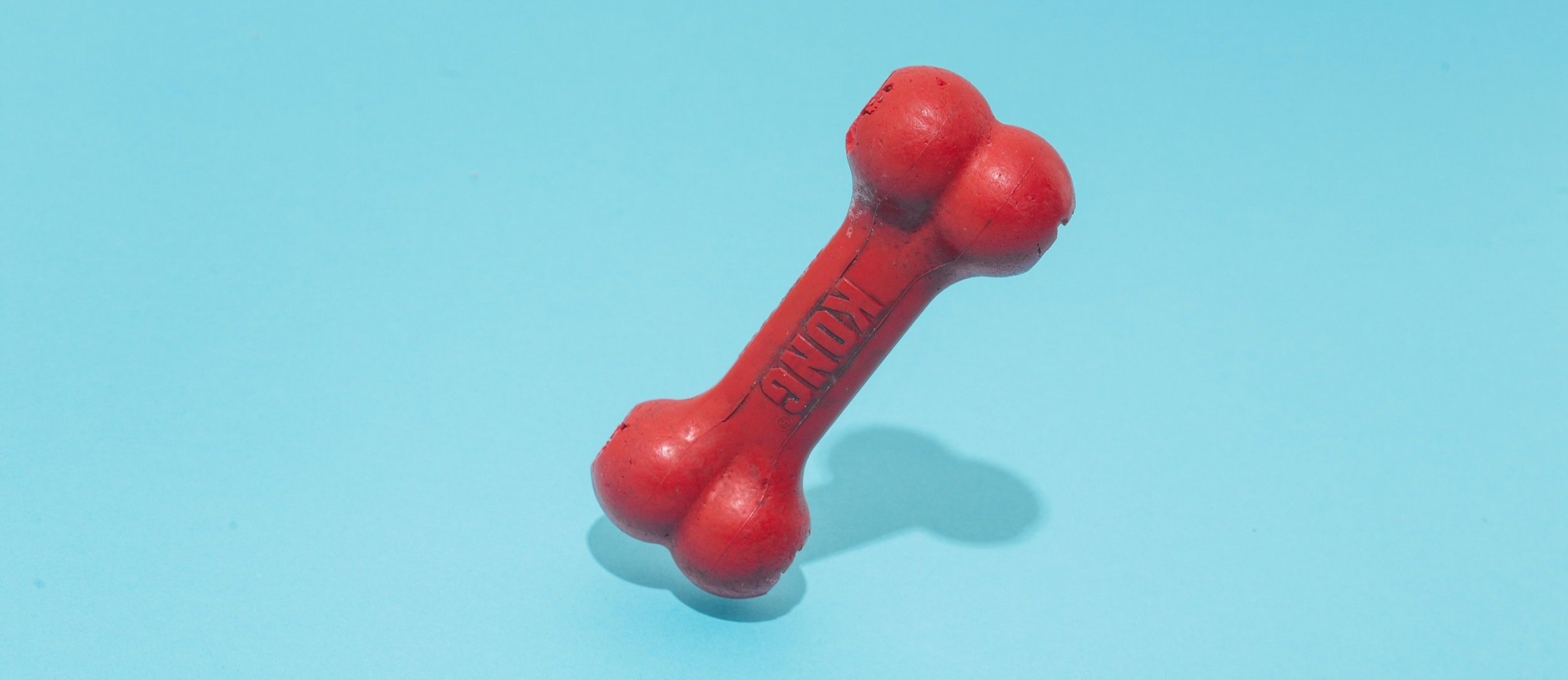Maintaining bone health in menopause
A one-stop guide to menopause bone health
Get the big picture about middle-aged bones and what exactly we all need to do, to keep our bones healthy in menopause, courtesy of Registered Nutritional Therapist, Jackie Lynch.
8 things you should know about menopause & bone health
The bare bones about bones
There are 2 layers of bone: one layer renews every 3 years and the other every 10 to 12 years. Old bones are weak, so clever old mother nature produces bone cells to ensure that bones renew themselves. Bones need collagen to provide flexibility & calcium and phosphorus to keep the bones strong. Moving into menopause, oestrogen levels drop which affects bone density. Time to take preventative action!
The Holy Trinity – Calcium, Vitamin D & Magnesium
Calcium, can’t work on its own, it needs magnesium and vitamin D to work in synergy. Calcium levels can be negatively affected by the parathyroid gland which regulates calcium levels in the blood. When it spots a dip in levels, it removes calcium from bones, making them weaker. The odd dip isn’t a problem but if its ongoing, it can have a really damaging effect. Best natural sources of calcium are dark leafy green vegetables and dairy, with sardines (bones and all), being the best source.
Vitamin D, essential for calcium absorption and we get it from exposure to sunlight. Somewhat problematic in the UK with its low winter sun. Jackie thinks all menopausal women should take vitamin D supplements as a matter of course. Taking vitamin D as a spray allows the body to preload and store (it's fat soluble) for the time its needed.
Magnesium, the multi-tasker of minerals converts vitamin D into its active form which supports calcium absorption. It deals with anxiety, irritability, supports muscle function relieves constipation calms the nervous system and relieves stress responses. Found in dark green leafy greens and whole grains
Somewhat old-fashioned, Epsom salts are a particularly effective and relaxing way of absorbing magnesium. Add 2-3 handfuls to bath water to be absorbed through skin, calming your over-taxed nervous system.
Vitamin C
Essential for building up the collagen that’s normally associated with skin but is vital for bone building. Found in high quantities in red peppers and green vegetables. Word of caution; being water-soluble, vitamin C levels will be depleted by boiling, so lightly steam your greens to retain nutrients.
Alcohol, stress and smoking also deplete vitamin C levels.
Vitamin K
This blood clotting vitamin manufactures protein that hardens calcium, crucial in the bone formation process. Eating a rainbow selection of vegetables: the green, the yellow, the red, the purple and even the beige will give you the levels that you need.
Stress
Chronic levels of stress can affect bone health. Cortisol levels increase in response to stress affecting the function of the osteoblast cells that build bones. Maybe time to take one of those calming magnesium-rich Epsom salt baths?
Fizzy drinks
All fizzy drinks, including diet drinks, contain Phosphoric Acid which can reduce bone density as calcium is leached from bones. Best avoided, but if fizzy drinks are your thing, ensure you don’t have one every day.
Protein
Protein is a crucial component to bone health, it’s vital for the structure of all our body cells and is used for growth and repair making it a crucial element for anyone who’s recovering from injury. As with all things, everything in moderation. There’s a school of thought that high levels of animal protein are acid-forming and may leach calcium from the bones. Worth knowing about if you’re following a high–protein diet, weight loss diet.
Best sources: Meat, (pasture fed is better quality and less acidic) fish, dairy & eggs. Also, plant proteins – lentils, chickpeas, beans, nuts and seeds
Weight bearing exercise
Walking, skipping, dancing, jogging, resistance training, including yoga, help with strengthening bones. It’s never too late to get started on exercise but if exercise has been off your radar, start slowly to prevent damage to those bones from too high an impact exercise.
April 2018
Find a menopause trained fitness coach near you
We understand that many women lack confidence to be physically active, our sister business Menopause Movement has trained over 200 health and fitness professionals to understand the complexities of menopause and know the many barriers women face to exercise. Check the Menopause Movement Directory for a friendly face near you.
Watch our video with Registered Nutritional Therapist, Jackie Lynch, to hear her expert advice on menopause, nutrition and bone health.




















